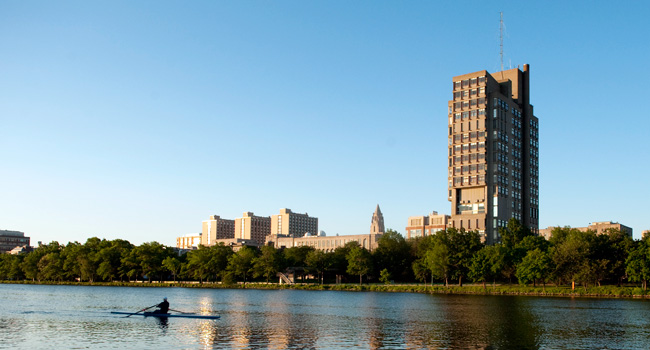Civility (or its absence in our day-to-day discourse) has become a topic of great national concern. A November 2017 study found that nearly 75% of those surveyed completely or mostly agree that incivility in this country has risen to crisis levels and 60% of those surveyed tuned out political conversations that had a negative tone or otherwise lacked civility.
The legal profession also seems to have a civility problem. A 2015 Above the Law article asserts “It is no secret that civility is at an all-time low among lawyers” and “we need to stop training lawyers to be jerks.” Lawyers need to learn to disagree more respectfully. The courts seem to be concerned. In September, the Federal Judicial Center and the Ninth Circuit Court of Appeals sponsored a “symposium” entitled, “The Nature and Practice of Civil Discourse.”
Boston University School of Law has implemented its own initiative aimed at addressing civility in law practice that it has entitled “Critical Conversations.” BU Dean Maureen A. O’Rourke explained that Critical Conversations is “a series in which the entire community is invited to meet to talk about difficult issues.” She reported that “The series has inspired collegial and professional conversations about difficult topics.” BU Law’s Brenda Hernandez, Associate Director for Diversity & Inclusion, wrote me that Critical Conversations invites participation from students, faculty, and staff and has tackled difficult and complex subjects such as Privilege, Faith and the Law; Ableism – Perspectives from the Deaf Community; Class and Puerto Rican identity. BU Law’s first Difficult Conversation session in 2018 will focus on Title IX and the #MeToo movement.
As future lawyers, our students need to be able to discuss even controversial topics effectively and civilly. BU’s model is worth considering.

